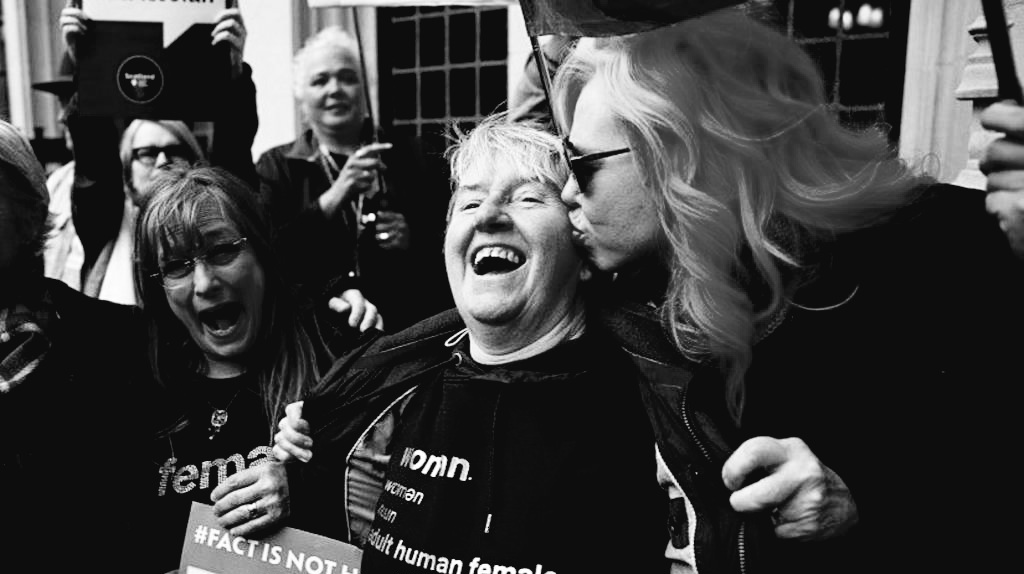UK Supreme Court Rules Legal Definition of ‘Woman’ Is Based on Biological Sex
In a landmark decision, the UK Supreme Court has ruled that, for the purposes of sex-based protections, the legal definition of a woman is determined by biological sex. This ruling may have wide-reaching implications for access to single-sex spaces and services.
The case arose from a Scottish government policy that included transgender women in gender balance quotas for public sector boards. The campaign group For Women Scotland challenged this policy, arguing that sex-based legal protections should apply only to individuals who are biologically female.
Central to the case was the interpretation of the terms “sex” and “woman” under the Equality Act 2010. The Supreme Court concluded that the Act defines sex as binary and grounded in biological reality. As a result, individuals not born female cannot claim legal protections specifically designated for women under the Act—even if they hold a Gender Recognition Certificate.
Despite this decision, the Court underscored that transgender people remain protected from discrimination under the Equality Act. The judges clarified that their ruling pertains solely to the legal definitions within the Act and is not intended to shape or limit broader discussions around gender identity.


